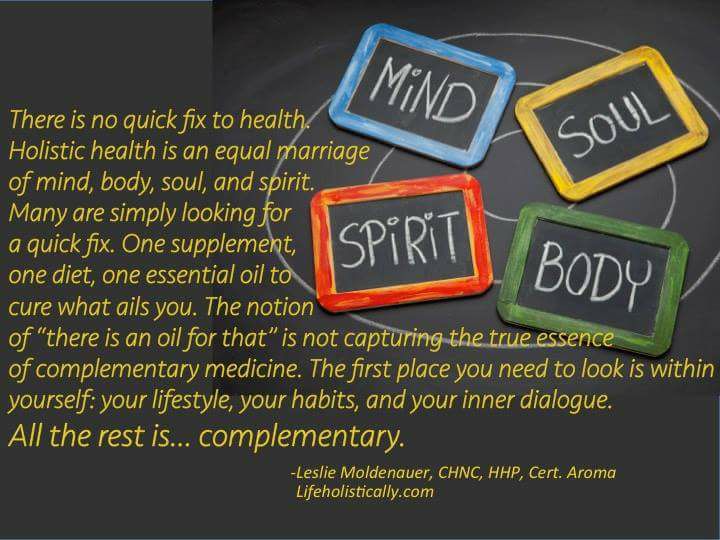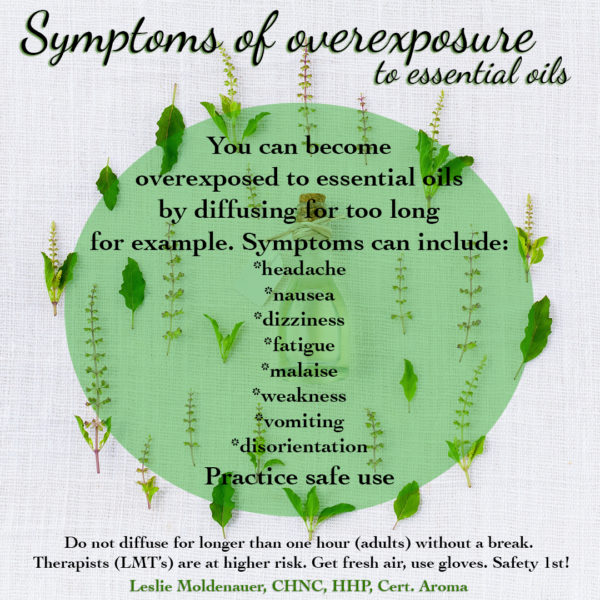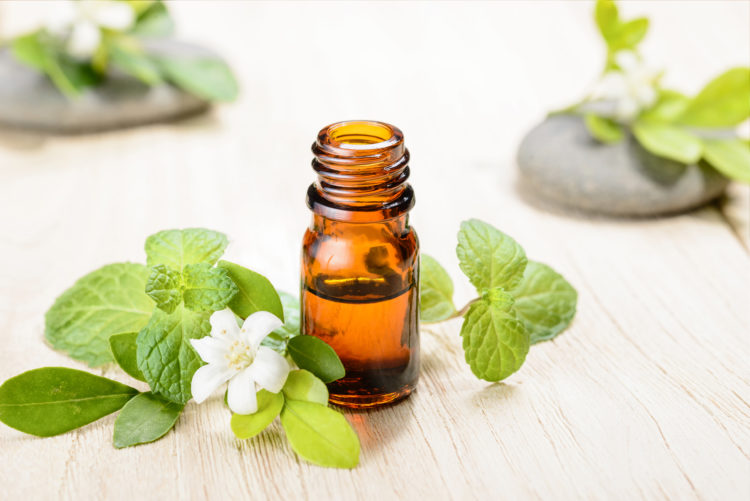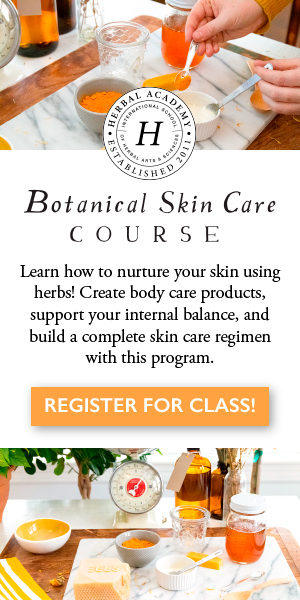Why Is It That Essential Oils Don’t Always Work. Does this topic surprise you? It is true, there are times that essential oils do not work as we think they should, and many instances where what works amazingly well for one individual does not for another. There are a few points that I want to make today on this topic, so let’s get started!
The Modality of Aromatherapy as a Whole
Essential oils and aromatherapy are complementary. We have likely all heard this before, yes? Unfortunately too many are still using them as band-aids. The reason that they may not work as well as they should or could is this very reason. If you are using aromatherapy inhalers for example for grief and sadness…..they will absolutely be a great comfort to you. They will lessen the moments of complete overwhelm…but unless you seek out a counselor, or other professional to help you work through your feelings, have a great support system of friends, perform plenty of self-care, etc. …essential oils are only touching the surface of what they could be doing for you in this instance. This is a perfect example of complementary. Alone they do little, but together with other things, they are amazingly powerful.

We are all Beautifully Different
I teach my aromatherapy classes with constitutions in mind. Some individuals are more prone to stress and run hot, others tend to be anxious and are always cold. You have those with weak digestive systems and others with guts of steel. Some are worriers, analyzers, and extremely sensitive, while others are in a constant state of denial about life’s problems. How this all manifests in every individual is very different, so it can begin to be easy to see how different individuals need different things.
I have made a blend in the past for what some call “monkey mind” and others call “squirrel moments” for a young boy when he lay down to sleep at night. It worked amazingly for him, but not at all for his twin brother on the bunk above. Case in point, constitutions should not be overlooked and is one of the many reasons why aromatherapists want to perform one on one consultation before making their recommendations to you.
Method of Use
In order to understand how essential oils truly work, we need to know quite a few things! What is the quickest route to the bloodstream? What is the method of absorption? What about excretion? Will inhalation help our gut? Why would we put oils on our skin topically? What is the best method of use for a cough? Allergies? Headache? Parasites? Stomachache?
Let’s look at one small example briefly. What do you think would be the most beneficial method of use for allergies? We would need to address pollen, right? What about the true histamine response that is happening systemically? Then we need to look at how the body is reacting. Is it the typical sneezing, itchy eyes and ears, watery red eyes, etc? The most popular choice (that we see in blogs and Pinterest memes) is placing oils in a capsule. The trio is usually Peppermint, Lemon, and Lavender. Does this sound like the best method of use? Would you be surprised to hear that is most definitely is not?
When looking at the true histamine reaction, essential oils internally in this way are not targeting the issue, I assure you. The best method of use here is by far going to be inhalation. A neti pot is also a good addition to target the pollen (no essential oils in the neti pot, please). In addition, addressing this issue with things such as what we are putting into our body via nutrition is paramount. Herbs are often a one, two punch for allergies.
This is a primary example of why method of use is important. You will simply not be as successful with your essential oil regimen when the least effective method is used.
Different Reactions From One Oil?
This topic can be perplexing to some. Lavender is the oil talked about the most, but I assure you it applies to more than this beautiful floral yet herbaceous essential oil. Lavender, for myself, has been a deeply beautiful “friend” that I can continue to count on. I keep some with me at all times. It can and does lower my stress level quickly, slows my heart rate, my rate of breath and I adore it. It does not work in this way for my son. I can add it to a diffuser for him along with other oils to help support a good night sleep, but Lavender itself does not garner the same reaction for him, he would say “meh”.
Read 4.4 of this research study in regards to lavender.
https://www.ncbi.nlm.nih.gov/pmc/articles/PMC3612440/
This study suggests that not only does Lavender alone not have the same reactions across the board, it shows that synergy among multiple oils is often more helpful.
Some have reported a more significant reaction to Lavender. Rather than calming or relaxing, it awakens the user, and in some instances, more pronounced reactions such as irritability and more manic feelings have occurred.
I found other reports of essential oils, such as one touted for eliminating headaches to actually cause it in others:
We can exhibit aggressive reactions to an essential oil or essential oil blend when it is overused as well. For example, when over diffusing essential oils adverse affect can occur. Diffusing for a short time is recommended, 30 minutes is preferred over hours and hours. If one drop works, 5 will not be better. This is why you see conservative recommendations from aromatherapists. Less is more. When overused we can see some of the symptoms below:

Therefore, the adverse, or opposite effect of an essential oil could perhaps be due to overuse in some cases.
For these reasons, it is important to not offer blanket statements of the therapeutic uses of an oil. I like to say something like “Historically, this essential oil has sedative properties, it is relaxing and calming. However, everyone reacts differently, so it is important to make note of how you and your family respond and make note of it for future use”. A mouthful, but I feel it is an important “disclaimer” if you will.
Closing
Hopefully, this gives you a general idea as to why what works for you, does not work the same for someone else in your home. The exciting thing about essential oils is there are so many options, with a little bit of experimentation, you can find what is right for all.
Like so many practices in life, I encourage you to become educated on the proper use of essential oils. When using them, please do so cautiously, understanding that there is often misinformation on the internet. You can be assured that I support only educated and proven resources. While essential oils should not be feared they should be respected and used properly to ensure the safety of the individuals using them.
Please note that I am not a medical practitioner. The content of this website is provided for general informational purposes only and is not intended as, nor should it be considered a substitute for, professional medical advice. Do not use the information on this website for diagnosing or treating any medical or health condition. If you have or suspect you have a medical problem, promptly contact your professional healthcare provider. By using this website, you assume full responsibility and liability for your own actions.
Resources
Atlantic Institute of Aromatherapy-Lavender
BEFORE YOU GO! Remember to sign up for my FREE Facebook group! Hang out with me and THOUSANDS of other Essential Oil lovers looking to learn, click on to join Real Essential Oil Education Group!
Check out my FREE offer below!
[mailpoet_form id=”2″]




